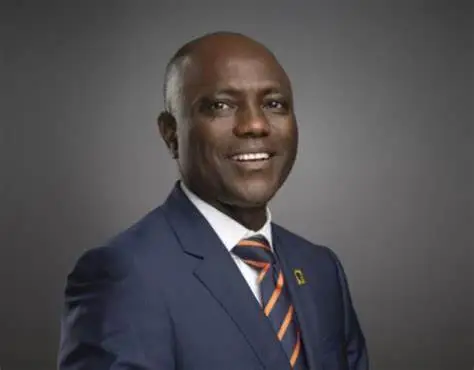
At the official launch of UCEE Microfinance Bank in Lagos, Tony Elumelu, Chairman of Heirs Holdings, called on the bank’s management to focus on improving lives and creating prosperity in society through digital microfinance.
Elumelu commended the leadership of UCEE for their commitment to reaching both banked and unbanked customers, highlighting their efficiency and execution-focused approach.
In his words,
“I am very pleased that the group CEO and his team get things right and they get things done,” Elumelu remarked. “They are highly execution-focused, so when you share an idea with them, you don’t need to follow up. They run faster than you ever imagined. I was not in doubt, and I didn’t lose sleep about what they had put together. The CEO is going to help realize the assignment by making sure they improve lives, create prosperity, and make everyone in society live a more comfortable life. We know you will surpass our collective expectations, and I know you will go beyond the shores of Nigeria.”
In response, UCEE’s Chief Executive Officer, Esther Adeola Balogun, expressed gratitude for Elumelu’s encouragement and outlined the bank’s mission.
She said,
“As a digital-first microfinance bank emerging from the strength of Africa’s leading investment bank and financial services group, United Capital, we are here to bridge the gap between traditional and digital microfinance. We are a hybrid microfinance bank dedicated to giving everyone in Nigeria access to financial services by democratizing banking. Whether you are elite or less privileged, educated or not, we have a product and service for everyone. We are here for everybody.”
Echoing this vision, the Group CEO of United Capital PLC, Peter Ashade, emphasized the bank’s commitment to transforming the lives of its customers and stakeholders. “Our aim is to deliver an unrivaled experience, offer the best financial products, and provide seamless services. Ultimately, we want to build a sustainable, world-class financial institution that serves as a gateway to prosperity in the Nigerian ecosystem.”








